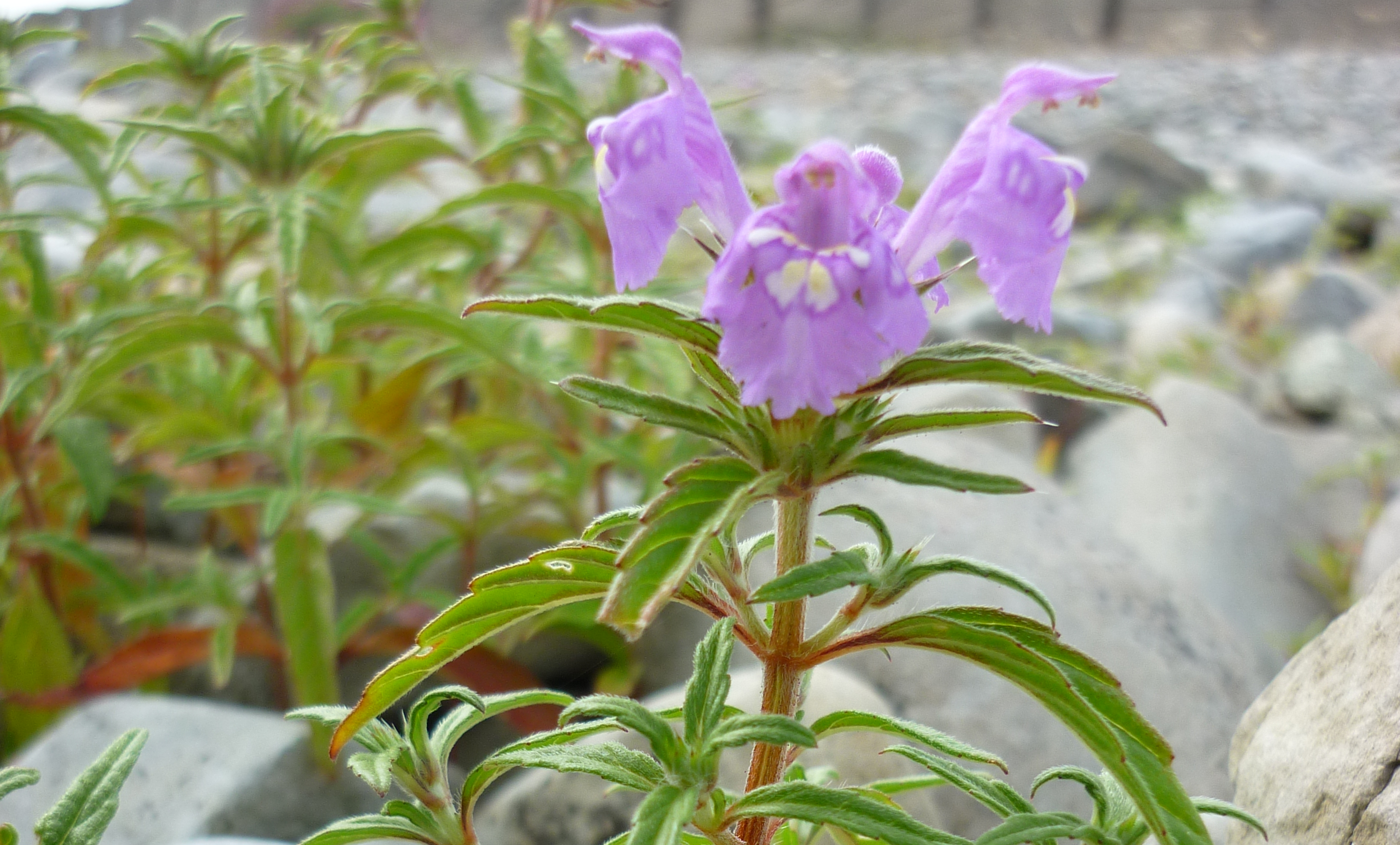‘Critically endangered’ flower to be saved from extinction by University

31 May 2019
A rare flower is coming back from the brink of extinction, after Kew Gardens entrusted its seeds to a university’s ecology experts.
The Red Hemp-nettle’s (Galeopsis angustifolia) distinctive twin flowers were a common sight 60 years ago. Now herbicides, fertilisers, and the spread of highly productive crop varieties have seen it almost disappear from our fields.
The Royal Agricultural University (RAU) has been selected by Plantlife, Europe’s largest wildflower conservation charity, as a partner in its Red Hemp-nettle reintroduction experiment, part of Natural England’s biggest ever species conservation initiative, Back From The Brink.
Work began in April when 27,000 seeds from the Royal Botanic Gardens, Kew Millennium Seed Bank were sown in experimental plots under organic production, at the University’s Harnhill Farm, just outside Cirencester.
To determine the best conditions for future reintroduction projects, germination and survival of the Red Hemp-nettle will be monitored under three different conditions - normal drilling rates, reduced drilling rates, and in uncropped plots.
Red Hemp-nettle is part of the ‘Colour in the Margins’ project (one of 19 Back from Brink initiatives) which plans to revive a range of threatened species across England.
Described by Plantlife’s farmland advisor and Colour in the Margins project manager Cath Shellswell as ‘a short but conspicuous plant with a spike of two-lipped red flowers at the top and nettle-shaped leaves below’ Red Hemp was common in southern England and South Wales. Now found in only a few dozen places and classed as ‘critically endangered’, it thrives on light sandy or chalky soils in disturbed places such as field margins and other open, sunny places.
Dr Kelly Swallow, Senior Lecturer in Ecology and Agro-ecosystems at the RAU said: “Although once classified as a weed, the reintroduction of this scarce plant is important, not only for its aesthetic contribution to the landscape, but because biodiversity is key to the health of our environment and ecosystem functions. Students are keen to be involved throughout this project.”
The University’s flowers are being monitored for germination success, with further surveys in the summer and autumn.
The RAU offers a range of degree courses in Countryside Management, Wildlife and Environmental Conservation, with places available for September 2019 start.